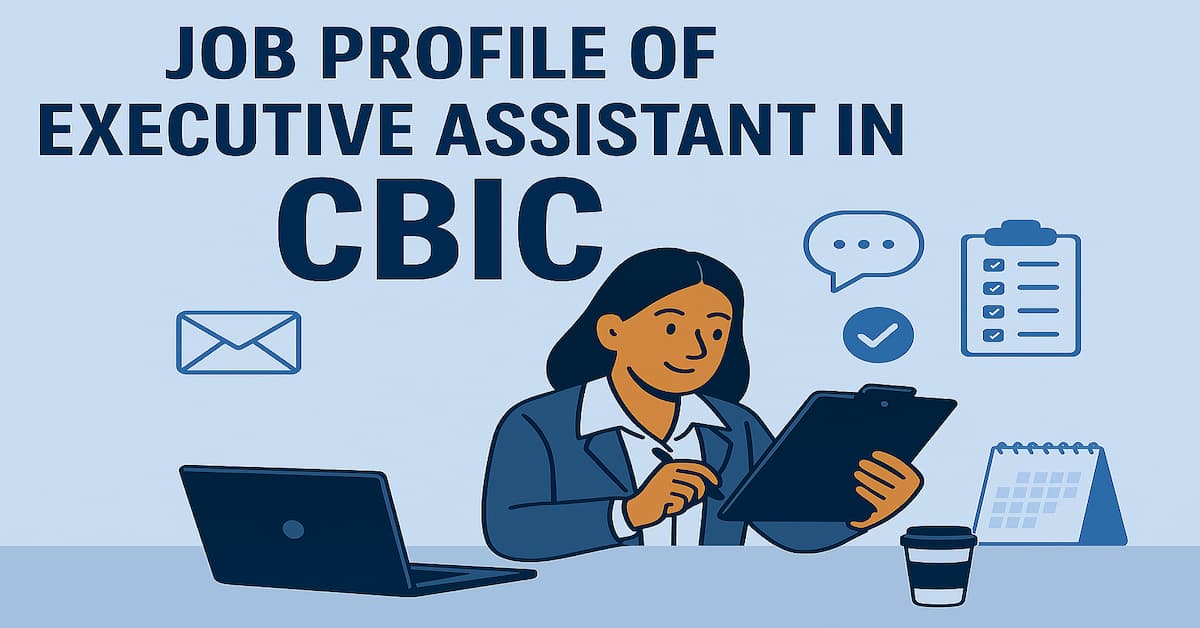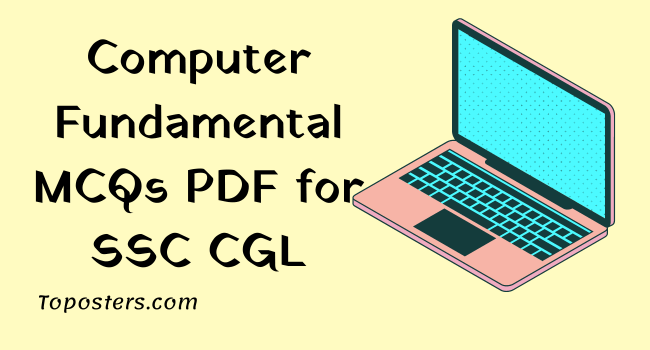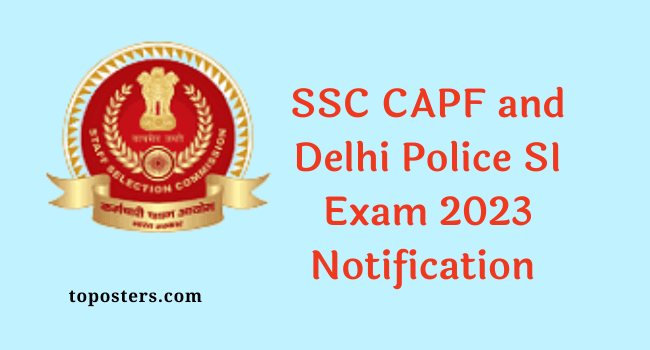Geography
Q1. Which is the largest desert in the world?
- a) Sahara
- b) Gobi
- c) Kalahari
- d) Antarctic Desert
Q2. The Tropic of Cancer does not pass through which of the following states?
- a) Rajasthan
- b) Chhattisgarh
- c) Odisha
- d) Tripura
Q3. The source of the river Ganga is
- a) Gangotri Glacier
- b) Yamunotri
- c) Badrinath
- d) Kedarnath
Q4. Which river is known as the ‘Dakshina Ganga’?
- a) Krishna
- b) Cauvery
- c) Godavari
- d) Mahanadi
Q5. Which is the highest peak in India?
- a) Kanchenjunga
- b) Mount Everest
- c) Nanda Devi
- d) Kamet
Q6. Which state in India does not have an international border?
- a) Chhattisgarh
- b) Mizoram
- c) Sikkim
- d) Punjab
Q7. Which Indian state has the longest coastline?
- a) Tamil Nadu
- b) Gujarat
- c) Maharashtra
- d) Andhra Pradesh
Q8. The southernmost point of India is
- a) Kanyakumari
- b) Rameshwaram
- c) Indira Point
- d) Minicoy
Q9. Which one of the following is a landlocked country?
- a) Myanmar
- b) Nepal
- c) Bangladesh
- d) Sri Lanka
Q10. The largest freshwater lake in India is
- a) Wular Lake
- b) Chilika Lake
- c) Dal Lake
- d) Loktak Lake
Q11. Which mountain pass connects India and China?
- a) Zojila
- b) Nathula
- c) Shipki La
- d) Bomdi La
Q12. Which is the longest river in Peninsular India?
- a) Narmada
- b) Godavari
- c) Krishna
- d) Mahanadi
Q13. The western coastal plain of India is also known as
- a) Malabar Coast
- b) Coromandel Coast
- c) Konkan Coast
- d) Both a and c
Q14. Which city is located on the banks of the river Sabarmati?
- a) Surat
- b) Ahmedabad
- c) Bhopal
- d) Jaipur
Q15. The major portion of the Indian agriculture is dependent on
- a) Canal Irrigation
- b) Rainfall
- c) Tube wells
- d) Drip Irrigation
Q16. Which Indian state has the largest area under forest cover?
- a) Madhya Pradesh
- b) Arunachal Pradesh
- c) Chhattisgarh
- d) Maharashtra
Q17. Which one of the following rivers flows from east to west?
- a) Mahanadi
- b) Godavari
- c) Krishna
- d) Narmada
Q18. Which of the following is the oldest mountain range in India?
- a) Western Ghats
- b) Himalayas
- c) Aravalli
- d) Satpura
Q19. Which Indian state is the largest producer of coffee?
- a) Kerala
- b) Karnataka
- c) Tamil Nadu
- d) Andhra Pradesh
Q20. Siachen Glacier is located in which range?
- a) Pir Panjal
- b) Karakoram
- c) Zanskar
- d) Ladakh



